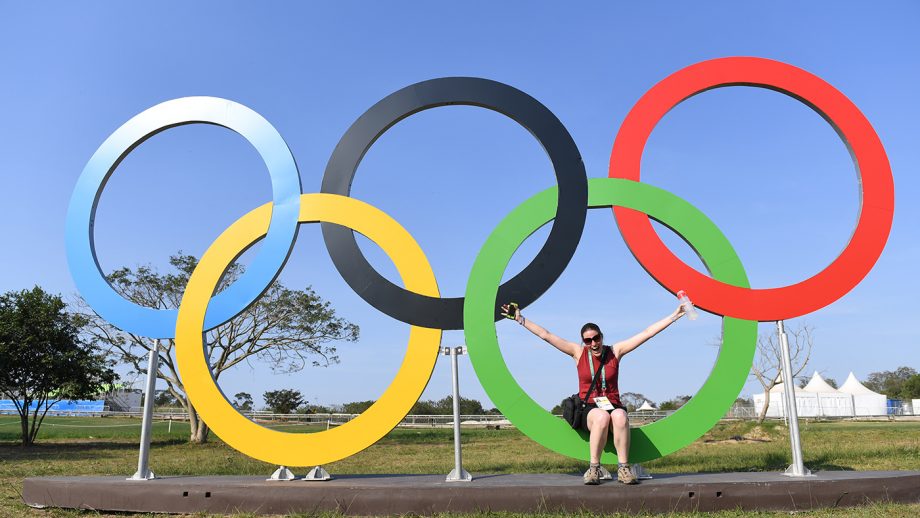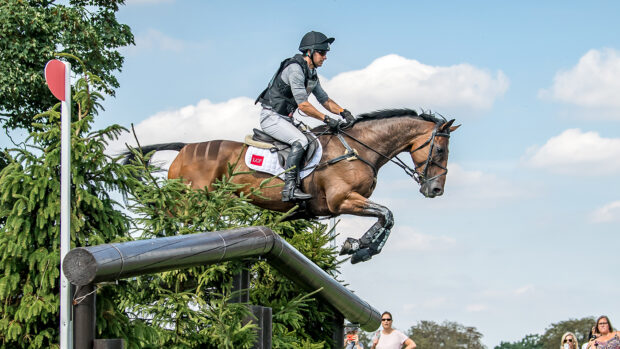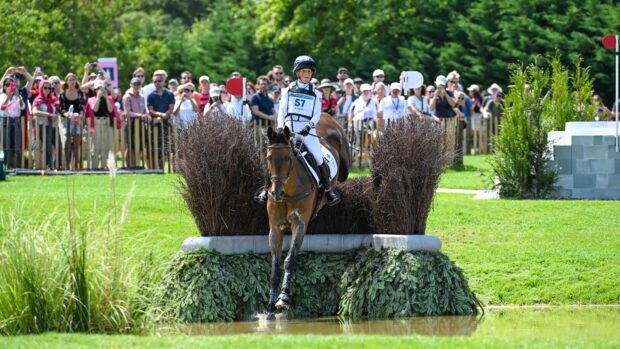“Do you still want to go?” asked a friend on a Zoom last week, as we chatted about the rescheduled Tokyo 2020 Olympic Games and the recently released Tokyo 2020 Playbooks, which will form the blueprint for how everyone behaves at this Covid-struck Games.
I can’t currently really imagine going to Tokyo. I haven’t left the house except for a run or walk since before Christmas. But I’ve written before about the fact the Olympics is the pinnacle of the career of any sporting journalist, as well as any athlete, and reporting my first Olympics at Rio 2016 has not in any way dimmed my enthusiasm to go to another.
I attended the media briefing on the Playbook yesterday, which was strictly for information and “not to be considered as a reporting opportunity”. But the Playbooks – one each for athletes and officials, press, broadcasters and international federations, with further versions promised – are available online and everything I write here about the organisers’ plans is public knowledge. And to be honest, now that we’re a year into living with Covid-19, it’s very much what you would expect – social distance, wash your hands, wear a mask, only go where you really need to go.
From earlier plans revealed by the organisers, I had already considered the dreadful thought of testing positive at the compulsory pre-departure test and decided to stay at home as much as possible for the two weeks before the Games in an attempt to reduce the chances of that.
But reading the press Playbook, my blood ran slightly cold as I noted that if you were identified as a close contact of someone who had tested positive during the Games, you would have to: “Immediately stop your coverage activities and leave the competition venue or MPC [main press centre].” Of course this makes total sense, but imagine it – it’s the middle of cross-country day and just as the best-placed British rider starts on course, you get a phone call or app notification that you have to leave the venue immediately and go back to your hotel. It just doesn’t bear thinking about.
And if you get a positive test or are identified as a close contact of someone with one during the Games? I guess assuming you don’t get seriously ill and need hospitalisation, you’d complete self isolation in your hotel room, while the greatest sporting event in the world raged just outside. I suppose the only blessing is I’d still have plenty of work to do to keep me busy.
Article continues below…
You might also be interested in:

H&H eventing editor’s blog: ‘I will write TOKYO in my 2021 diary and we will try again, hope again, plan again’
H&H’s Pippa Roome reflects on the nightmare of rearranging the Olympics, the impact on individual athletes and across sporting calendars

Plans continue for a Covid-safe Olympics this year
Tokyo organisers and the FEI are working out how to keep athletes and support personnel safe, what happens if a

Subscribe to Horse & Hound magazine today – and enjoy unlimited website access all year round
When you report a championship as a journalist, nothing else matters. Real life ceases to exist. I have been in situations where I can’t hear a rider in a mixed zone or there’s no television so I miss a crucial performance and it seems like the end of the world. I’ve seen rational grown-ups in tears and/or close to violence in those situations plenty of times. Sports journalists care deeply about their jobs and being there to see what happened or get the best quote is crucial.
We will all have to realign our thinking on this for 2021, as the Tokyo 2020 Playbooks make clear.
It’s great news that mixed zones – where journalists speak to athletes after their performances – are still on the cards, but those are usually busy places, where people are really crammed in, so they will be very differently set up to normal and it’s possible access will be restricted. I once drew on a fellow journalist in an absent-minded wave of my biro in the Rio mixed zone – I don’t imagine I’ll be close enough for that to happen this time.
Journalists will have to file in advance their expected movements for the first 14 days they are in Japan – this is instead of having to quarantine on arrival. In many ways, this is where specialist media are lucky – at least we know where we want to go each day, unlike a more general journalist who would be driven by the biggest stories or the success of their nation’s athletes and have to adjust plans constantly.
Accredited press will also have to book what venue they want to go to in advance each day as spaces may be limited. More details are to come in later versions of the Tokyo 2020 Playbooks, but it’s possible you could be in Tokyo but not be able to go to the venue you want to attend. Not being able to hear in the mixed zone certainly pales into insignificance compared to that. But it could happen and we will all have to take a deep breath and make the best of it, if it does. Thanks goodness for television, the internet, the ability to record riders and WhatsApp sound files to absent colleagues…
We and our colleagues and bosses back home will have to be patient and understanding. We will all be doing our best in unique and difficult circumstances. And whatever the challenges, we are committed to bringing you the best possible coverage of the Games on all Horse & Hound’s platforms.
And do I still want to go? Oh yes.
Horse & Hound magazine, out every Thursday, is packed with all the latest news and reports, as well as interviews, specials, nostalgia, vet and training advice. Find out more about getting the magazine delivered to your door every week.





